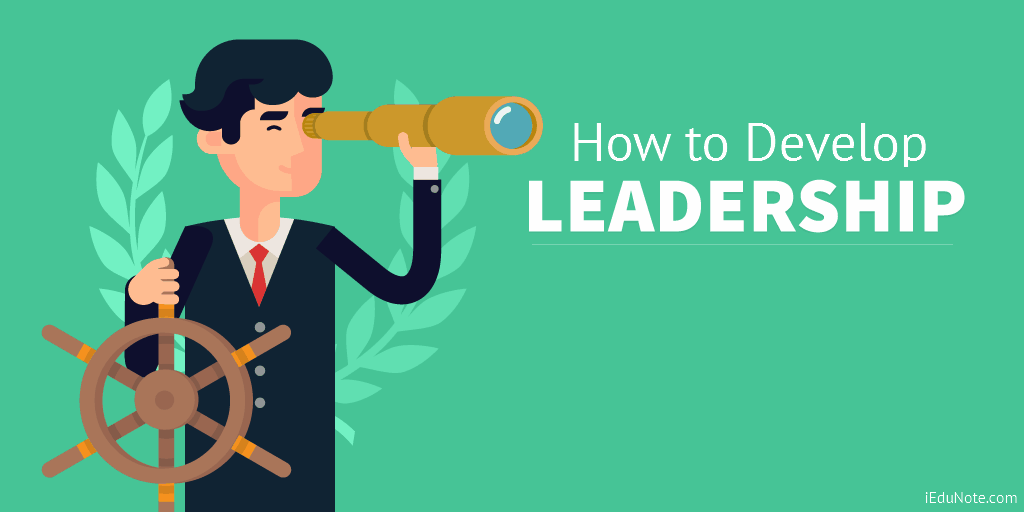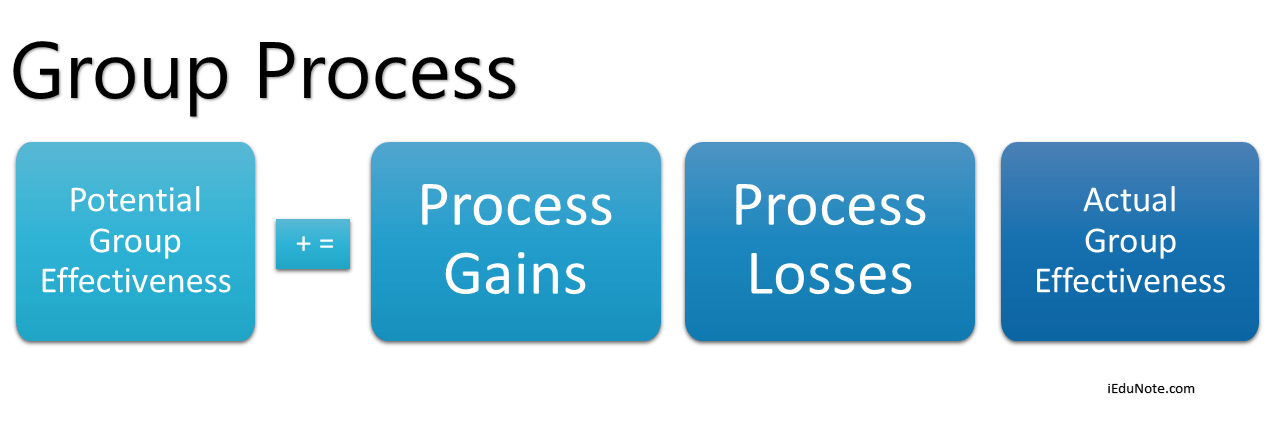The main objective of Organizational Behavior is to understand the human interactions in an organization, find what is driving it, and influence it to get better results in attaining business goals.
The organizations in which people work affect their thoughts, feelings, and actions. These thoughts, feelings, and actions, in turn, affect the organization itself.
Organizational behavior studies the mechanisms governing these interactions, seeking to identify and foster behaviors conducive to the survival and effectiveness of the organization.
Organization behavior’s objective is to set up an organizational culture, hire the best people and create meaningful connections among them, resolve conflicts, develop the qualities of the employees, and establish a firm and clear leadership chain.
We have identified 8 objectives of organizational behavior;
Job Satisfaction

Understanding organizational behavior can shed light on the factors that can foster or hamper job satisfaction, such as physical settings, organizational rewards, and punishments, or work-group characteristics.
Job satisfaction, in turn, can foster higher productivity and reduced turnover while providing more leverage for the recruitment of top talent.
Finding the Right People

A ship with all sails and no anchors would flounder; one with all anchors and no sails would not get anywhere.
Organizational behavior can help find the right mix of talents and working styles required to achieve the task at hand.
This can assist in deciding who to include in a team or task force, as well as in deciding who to promote to a leadership position or even the ideal profile for new hires.
Organizational Culture

As organizations grow larger, it may become difficult to keep a sense of common purpose and unity of direction.
Organizational behavior is useful for understanding and designing communication channels and leadership structures that can reinforce organizational culture.
As rapidly evolving business environments force organizations to adapt, entering, for example, into global markets or utilizing a virtual workforce, organizational behavior can assist in maintaining a clear identity without losing flexibility and adaptability.
Leadership and Conflict Resolution

Playing by the book and not making waves may be fine for some organizations, but the command-and-control mentality of the manufacturing age may become counterproductive in the knowledge market.
When creativity is allowed, the divergence of opinions is unavoidable, but organizational behavior can provide the leadership and the arbitrage dynamics required for turning conflicts into constructive idea exchanges.
Understanding the Employees Better

Organizational behavior studies help us understand why employees behave the way they do, and thereby predict how they will behave m the future.
Understand how to Develop Good Leaders

They also teach us how to mold these employees so that their leadership potential is utilized.
Develop a Good Team

An organization is only as good as the weakest member of its team. All members of the teamwork in coordination must be motivated to work together to achieve the best results.
The teamwork theories of organizational behavior are an essential tool in the hands of any manager.
Higher Productivity

All of this leads us to the most important goal of achieving the highest productivity in realizing the visions and goals of any organization.
If implemented well, the organizational behavior principles help in motivating all the members to do their best. The levels of motivation can be the difference between a good and a bad result.
Organizational Behavior has so many objectives by which it serves the organizations, individuals, groups, and in a word, all the stakeholders.
Conclusion
Let’s take a 2nd look at these 8 objectives of Organizational Behavior. And we will see why Organizational Behavior is important.
OB is concerned with people within the organization, how they interact, what is the level of their satisfaction and the level of motivation, and finding ways to improve it in a way that yields the most productivity.
The primary objective of Organization behavior is achieving higher productivity and accomplishing the organization’s goals.
For that, OB scientifically tries to understand employee behavior within the organization and tries to control, improve, and develop it.

